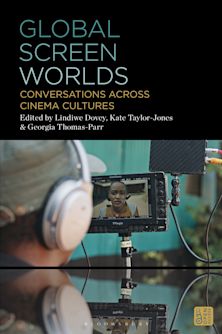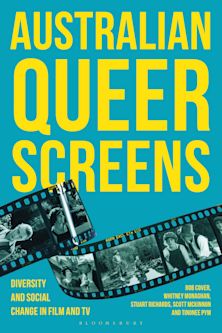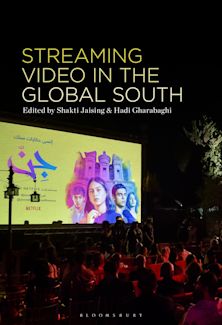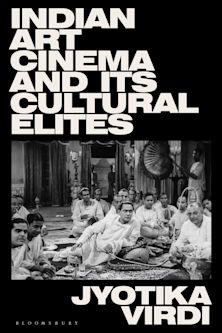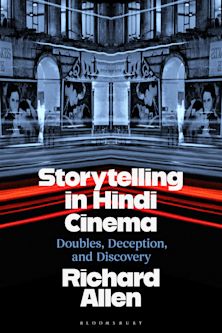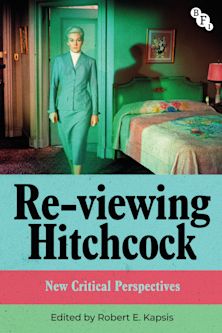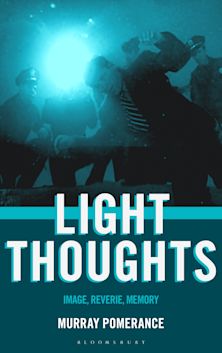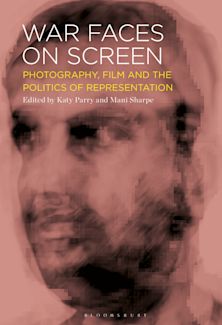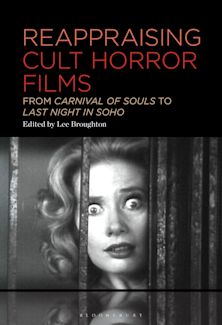Movies in the Age of Obama
The Era of Post-Racial and Neo-Racist Cinema
Movies in the Age of Obama
The Era of Post-Racial and Neo-Racist Cinema
For information on how we process your data, read our Privacy Policy
Description
The historic election of Barack Obama to the presidency of the United States had a significant impact on both America and the world at large. By voting an African American into the highest office, those who elected Obama did not necessarily look past race, but rather didn’t let race prevent them for casting their ballots in his favor. In addition to reflecting the changing political climate, Obama’s presidency also spurred a cultural shift, notably in music, television, and film.
In Movies in the Age of Obama: The Era of Post-Racial and Neo-Racist Cinema, David Garrett Izzo presents a varied collection of essays that examine films produced since the 2008 election. The contributors to these essays comment on a number of films in which race and “otherness” are pivotal elements. In addition to discussing such films as Beasts of the Southern Wild, Black Dynamite, The Blind Side, The Butler, Django Unchained, The Help, and Invictus, this collection also includes essays that probe racial elements in The Great Gatsby, The Hunger Games, and The Mist. The volume concludes with several essays that examine the 2013 Academy Award winner for best picture, 12 Years a Slave.
Though Obama’s election may have been the main impetus for a resurgence of black films, this development is a bit more complicated. Moviemakers have long responded to the changing times, so it is inevitable that the Obama presidency would spark an increase in films that comment, either subtly or overtly, on the current cultural climate. By looking at the issue these films address, Movies in the Age of Obama will be of value to film scholars, of course, but also to those interested in other disciplines, including history, politics, and cultural studies.
Table of Contents
David Garrett Izzo
Part I: Resonance from the Past: Experience Is Learned Backward But Must Be Lived Forward
Chapter 1 - “I Really Need a Maid!” White Womanhood in The Help
Kwakiutl L. Dreher
Chapter 2 - Gwendolyn Brooks's Bronzeville and Tate Taylor's Jackson: “Art hurts. Art urges voyages-and it is easier to stay at home.”
Blake G. Hobby
Chapter 3 - If Django and Lincoln Could Talk: James Baldwin Goes to the Movies
Robert McParland
Chapter 4 - The Exceptional N*gger: Redefining African American Identity in Django Unchained
Rodney M. D. Fierce
Chapter 5 - Blaxploitation in the Age of Obama: Black Dynamite, Django Unchained, Racial Reasoning, and Racial Capitalism
Brian E. Butler
Chapter 6 - Between The Butler and Black Dynamite: Servility, Militancy, and the Meaning of Blaxploitation
Andrew Grossman
Chapter 7 - Rednecks, Racism, and Religion: King and Darabont's Precarious Prophecy of Obama's Coming
Victoria McCollum
Part II: The Present Is an Eternal Now Connecting Past and Fut
Product details
| Published | Aug 26 2014 |
|---|---|
| Format | Ebook (Epub & Mobi) |
| Edition | 1st |
| Extent | 314 |
| ISBN | 9781442241305 |
| Imprint | Rowman & Littlefield |
| Publisher | Bloomsbury Publishing |
Reviews

ONLINE RESOURCES
Bloomsbury Collections
This book is available on Bloomsbury Collections where your library has access.













